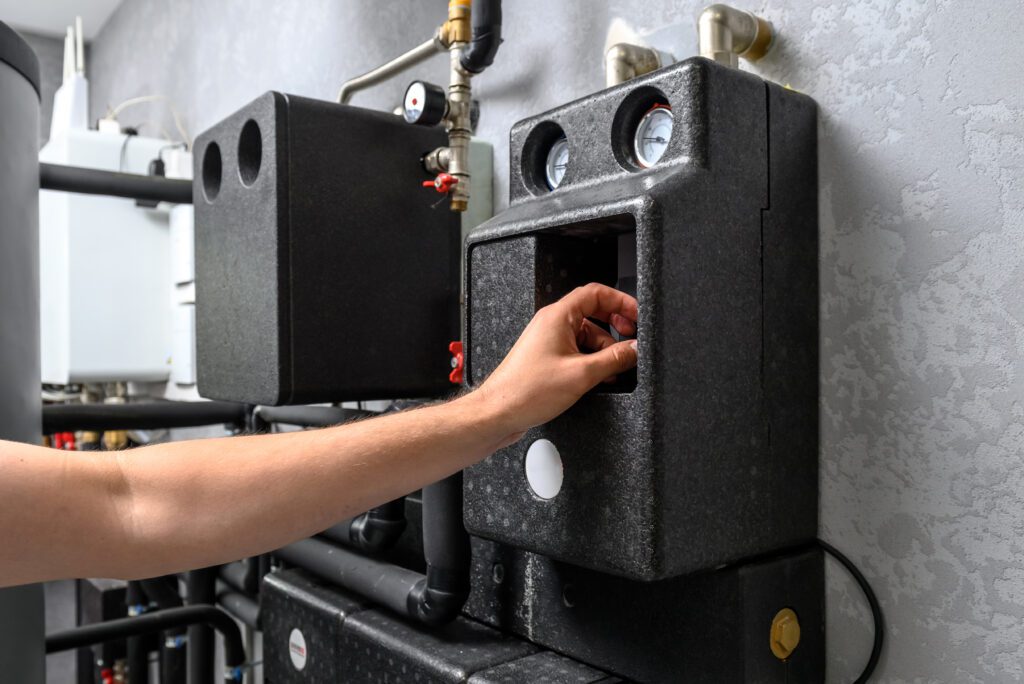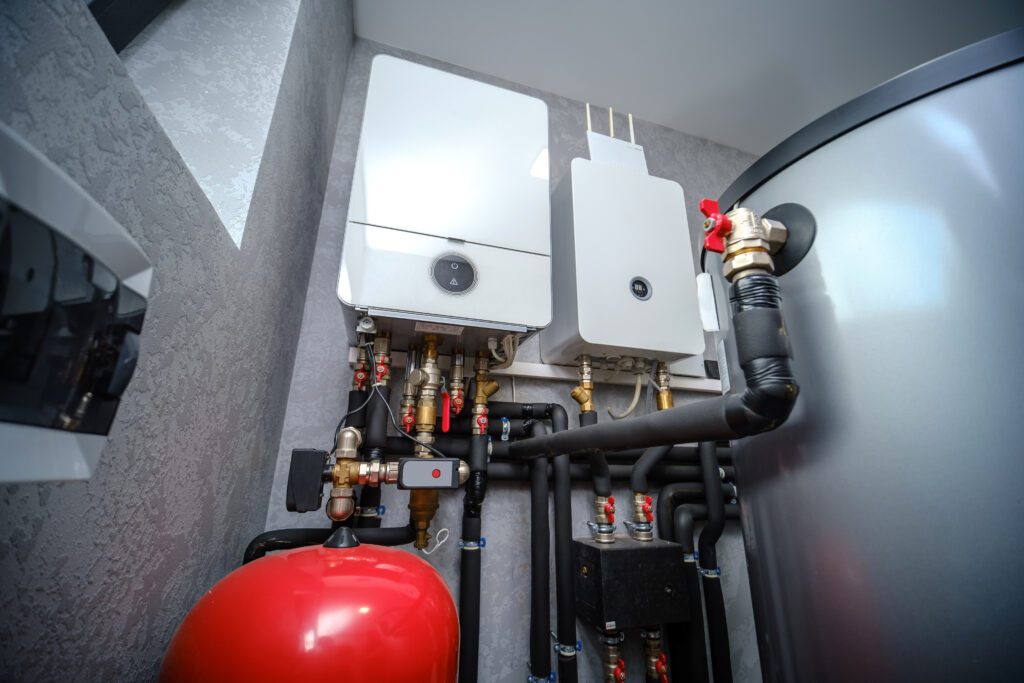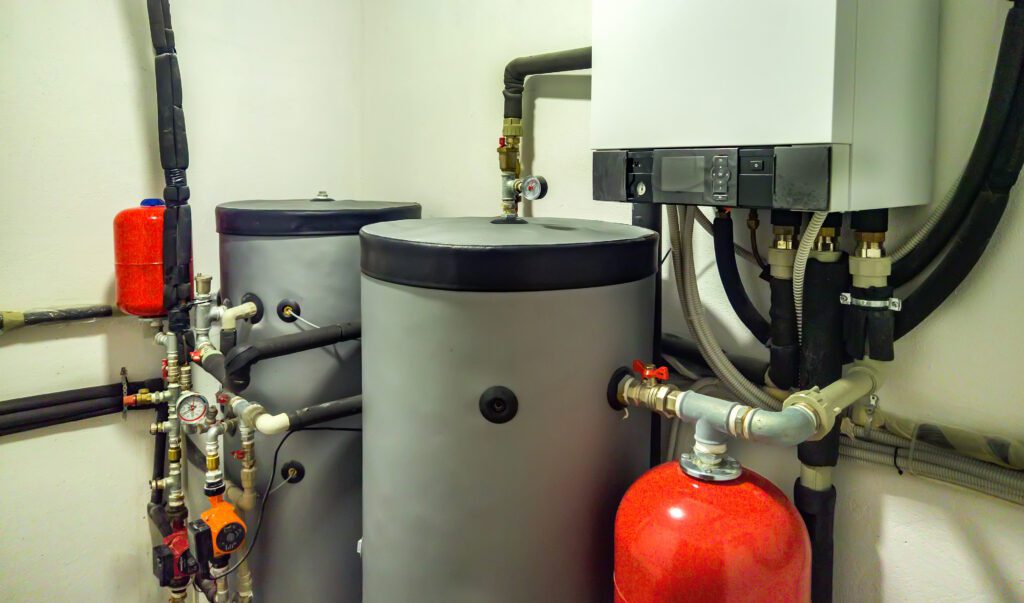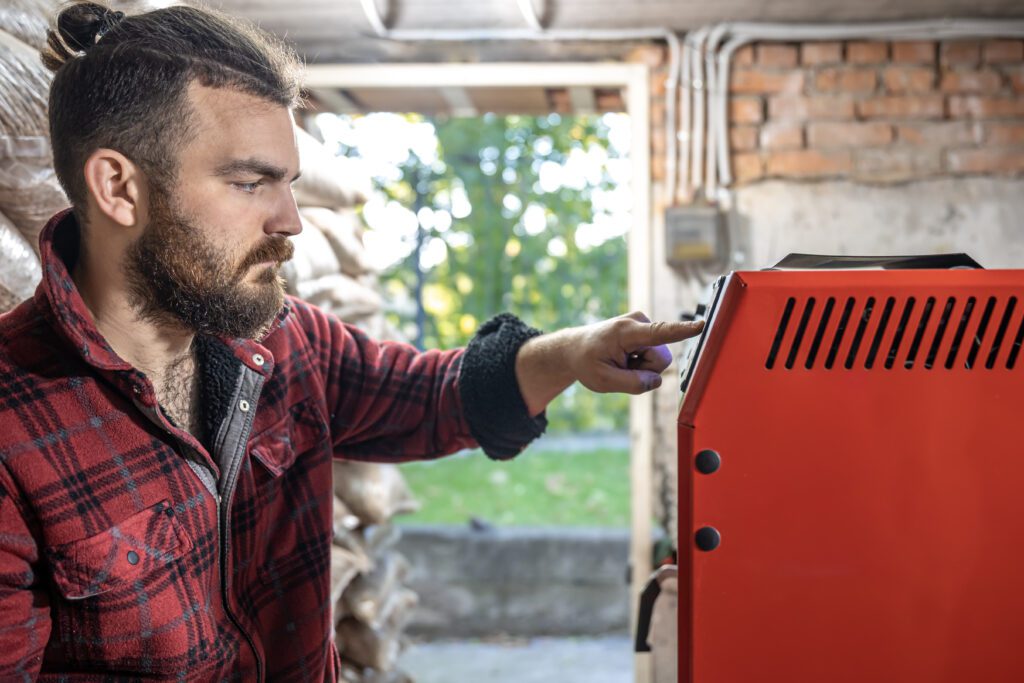Winter can be a challenging time for homeowners, especially when it comes to ensuring that their heating systems, particularly boilers, are functioning effectively. A malfunctioning boiler can lead to cold homes and costly repairs. This guide aims to provide essential tips for understanding, maintaining, and repairing your boiler during the winter months.
Understanding Your Boiler System
To properly care for your boiler, it is important to understand how it operates and the different types available. Knowledge about the system will allow you to handle minor problems and recognize when a professional is needed.
The Basics of Boiler Functioning
A boiler produces heat by warming water, which is then circulated through pipes to radiators or underfloor heating systems. The primary components of a boiler include the heat exchanger, burner, and controls, which work together to provide warmth to your home. When the thermostat signals a drop in the temperature, the boiler ignites to heat water and deliver warm air throughout your living spaces.
There are different energy sources that can be used to power boilers, including natural gas, propane, oil, or electricity. Understanding the specific type of boiler you have can help you troubleshoot issues effectively. Additionally, regular maintenance is crucial for ensuring the longevity and efficiency of your boiler. This includes checking for leaks, ensuring the pressure is at the correct level, and bleeding radiators to remove trapped air that can hinder performance.
Common Boiler Types and Their Differences
- Combi Boilers: These boilers supply both heating and hot water directly from the unit, offering space-saving benefits.
- System Boilers: These are compatible with traditional, hot water cylinder systems, ideal for homes with higher hot water demands.
- Regular Boilers: Also known as conventional or open vent boilers, they require a feed tank and are best suited for larger households.
Understanding the distinctions between these types can assist in recognizing specific requirements and characteristics that might affect maintenance and repair methods. For instance, combi boilers are particularly advantageous for smaller homes due to their compact design, but they may struggle to provide sufficient hot water for multiple outlets simultaneously. On the other hand, system boilers can deliver a more consistent supply of hot water, making them a great choice for larger families or homes with multiple bathrooms. It’s also worth noting that regular boilers, while less common in new installations, can be very efficient when properly maintained, especially in homes that already have the necessary infrastructure in place.
In addition to the type of boiler, the efficiency rating is another critical factor to consider. Modern boilers often come with high-efficiency ratings, which can significantly reduce energy bills and environmental impact. Regularly checking the efficiency of your boiler can help you make informed decisions about upgrades or replacements, ensuring that your home remains warm and energy-efficient. Furthermore, understanding the specific requirements for your boiler’s maintenance schedule, such as annual servicing and safety checks, can help you avoid costly repairs and ensure that your system operates safely and effectively throughout the heating season.
Recognizing Common Boiler Problems

Recognizing early warning signs of boiler issues can save time, money, and comfort during harsh winter months. Knowing what to look for can simplify the repair process and mitigate further complications. A well-functioning boiler is essential for maintaining a warm and cozy home, especially when temperatures plummet. Regular maintenance checks and being vigilant about any changes in your boiler’s performance can help ensure that your heating system operates efficiently throughout the season.
Signs Your Boiler Needs Repair
- Unexpected noises: If your boiler emits banging, whistling, or gurgling sounds, it may indicate trapped air or a malfunctioning part. These noises can be alarming, but they often serve as critical indicators of underlying issues that need addressing.
- Leaking water: Any signs of leaks from your boiler can indicate serious issues, such as corroded pipes or a broken pump. Water leaks can not only damage your boiler but can also lead to mold growth and structural damage in your home.
- Inconsistent heating: Cold spots in your home or inconsistent heating can signal problems with hot water distribution. This inconsistency can lead to discomfort and may indicate that your boiler is struggling to meet the heating demands of your space.
- Pressure issues: If the pressure gauge falls below the recommended level, you must investigate potential leaks or other problems. Low pressure can severely impact the efficiency of your heating system, leading to higher energy bills.
Early detection of these issues can lead to more manageable repairs and minimize disruptions to your daily life. Additionally, being proactive about your boiler’s health can extend its lifespan, ensuring that you stay warm and comfortable for many winters to come.
Potential Causes of Boiler Malfunctions
Several factors can lead to boiler malfunctions. Familiarizing yourself with these causes will empower you to address problems quickly. Some common causes include:
- Thermostat settings: Incorrect thermostat settings can result in inadequate heating. It’s crucial to regularly check and adjust your thermostat to ensure it reflects your desired temperature.
- Air locks: Air trapped in the pipes can prevent water flow, causing heating inconsistencies. Bleeding your radiators can help release trapped air and restore proper function.
- Foul air or gas smell: This might indicate a gas leak or venting issue and requires immediate professional attention. Ignoring this warning can pose serious safety risks, so it’s essential to act quickly.
Many of these conditions can be rectified with either simple troubleshooting or calling in a professional technician. Regular maintenance checks can also help identify potential issues before they escalate into costly repairs. For instance, flushing the system periodically can remove sludge buildup, while checking the expansion tank can prevent pressure-related problems. By staying informed and attentive, you can ensure your boiler remains in optimal condition, providing reliable warmth when you need it most.
Essential Winter Boiler Maintenance Tips

Maintaining your boiler in winter is critical for ensuring it operates efficiently and effectively. Regular maintenance can also prolong your boiler’s lifespan, saving you money in the long run.
Regular Inspection and Servicing
Schedule a comprehensive inspection of your boiler at least once a year, preferably before winter sets in. A professional technician can identify potential issues that might not be visible to homeowners. During this service, they will check:
- The integrity of the heat exchanger
- For any leaks or corrosion
- The efficiency of the burner
- The performance of safety devices
Regular servicing can help you maintain safety and efficiency, ensuring reliable performance throughout the winter. Additionally, having a well-maintained boiler can lead to improved energy efficiency, which not only reduces your carbon footprint but can also lower your utility bills. Technicians may also recommend upgrades or adjustments that can enhance performance, such as installing a programmable thermostat or optimizing the boiler’s settings for your specific heating needs.
Protecting Your Boiler from Freezing Temperatures
Boiler freezing is a significant concern during winter, especially if the unit is located in an unheated area such as a garage or basement. Here are several steps you can take to protect your boiler from freezing:
- Insulate pipes: Use foam pipe insulation or heating tape to protect exposed pipes from freezing.
- Maintain ambient temperature: Keep the area where the boiler is located adequately heated to prevent freezing.
- Check valves and drains: Ensure that they are clear of debris and functioning properly, to prevent blockages.
Taking these precautions ensures your boiler can withstand the cold, reducing the risk of damage and malfunction. Furthermore, consider installing a frost protection thermostat that can automatically activate heating when temperatures drop to critical levels. This device can serve as an additional safeguard, especially in extreme weather conditions. It’s also wise to regularly monitor the surrounding environment for any signs of moisture accumulation, as dampness can exacerbate freezing risks and lead to further complications.
DIY Boiler Repair Tips

For knowledgeable homeowners, there are some minor repairs and troubleshooting tasks that can be undertaken without calling a professional. However, safety should always be the priority.
Safe and Simple Fixes You Can Do
Some manageable DIY tasks include:
- Bleeding radiators to release trapped air, which can improve heating efficiency.
- Checking and adjusting the pressure gauge to ensure it is within the recommended range.
- Inspecting the boiler for leaks or corrosion and tightening fittings if they are loose.
Before attempting any repair, ensure that you have switched off the power supply and that the unit has cooled down. Additionally, it is wise to familiarize yourself with the boiler’s manual, as it often contains specific instructions and safety warnings tailored to your model. Understanding the layout and components of your boiler can make troubleshooting much easier and more effective.
Furthermore, regular maintenance can prevent many common issues from arising. For instance, cleaning the boiler’s filters and ensuring that the flue is unobstructed can enhance performance and prolong the lifespan of your unit. Keeping a log of maintenance tasks and repairs can also help you track the health of your boiler over time, making it easier to identify patterns or recurring issues that may need professional attention.
When to Call a Professional
While there are simple fixes that can be managed, certain scenarios require the expertise of a qualified technician. Call a professional when:
- You smell gas or notice any signs of a gas leak.
- Your system experiences repeated malfunctions despite maintenance.
- You are faced with complex electrical or safety issues.
In these cases, attempting to fix the boiler yourself could result in further damage or safety risks. It’s important to recognize that some boiler components, such as the heat exchanger or control board, require specialized knowledge and tools to repair or replace. A professional technician not only has the necessary training but also access to parts and equipment that may not be readily available to the average homeowner.
Moreover, regular inspections by a certified technician can help identify potential problems before they escalate into costly repairs. Many professionals offer maintenance contracts that include annual checks, ensuring your boiler operates efficiently and safely throughout the heating season. This proactive approach can save you both time and money in the long run, as well as provide peace of mind knowing that your home heating system is in good hands.
Preventive Measures for Boiler Longevity

Maintenance and care are essential for the longevity and efficiency of your boiler. Implementing some preventive measures can ensure that your system operates smoothly for years to come.
Energy Efficiency Tips for Your Boiler
Improving your boiler’s energy efficiency can lead to significant savings on your energy bills. Here are some tips:
- Upgrade to an energy-efficient model if your boiler is over 10 years old.
- Consider investing in smart thermostats for better temperature control.
- Ensure that your home is properly insulated to minimize heat loss.
By adopting these measures, you can improve not only your comfort but also decrease your environmental impact. Additionally, regular checks on your boiler’s pressure and temperature settings can help you identify inefficiencies early on. Keeping an eye on these parameters can prevent unnecessary strain on the system, ultimately prolonging its lifespan and ensuring that it operates at peak performance.
Regular Maintenance for Optimal Performance
Consistency in maintenance is critical for keeping your boiler in good working order. Establish a checklist of quarterly maintenance tasks, such as:
- Cleansing the boiler components to prevent buildup.
- Testing safety controls and devices.
- Inspecting flue systems for blockages.
Engaging a professional for annual maintenance alongside your DIY inspections will ensure that any emerging issues are caught early, reducing risks and maintaining a cozy environment during winter. Furthermore, it is beneficial to keep a log of all maintenance activities and repairs. This record not only helps you track the health of your boiler over time but can also be invaluable if you ever need to sell your home or make warranty claims.
By understanding your boiler system, recognizing common problems, and committing to regular maintenance, you can ensure that your boiler remains reliable and efficient throughout the winter months. Implement these essential boiler repair tips to keep your home warm and comfortable, no matter how cold it gets outside. Moreover, staying informed about the latest boiler technologies and advancements can also empower you to make better decisions regarding upgrades and replacements, ensuring that your heating system is not only functional but also cutting-edge.



